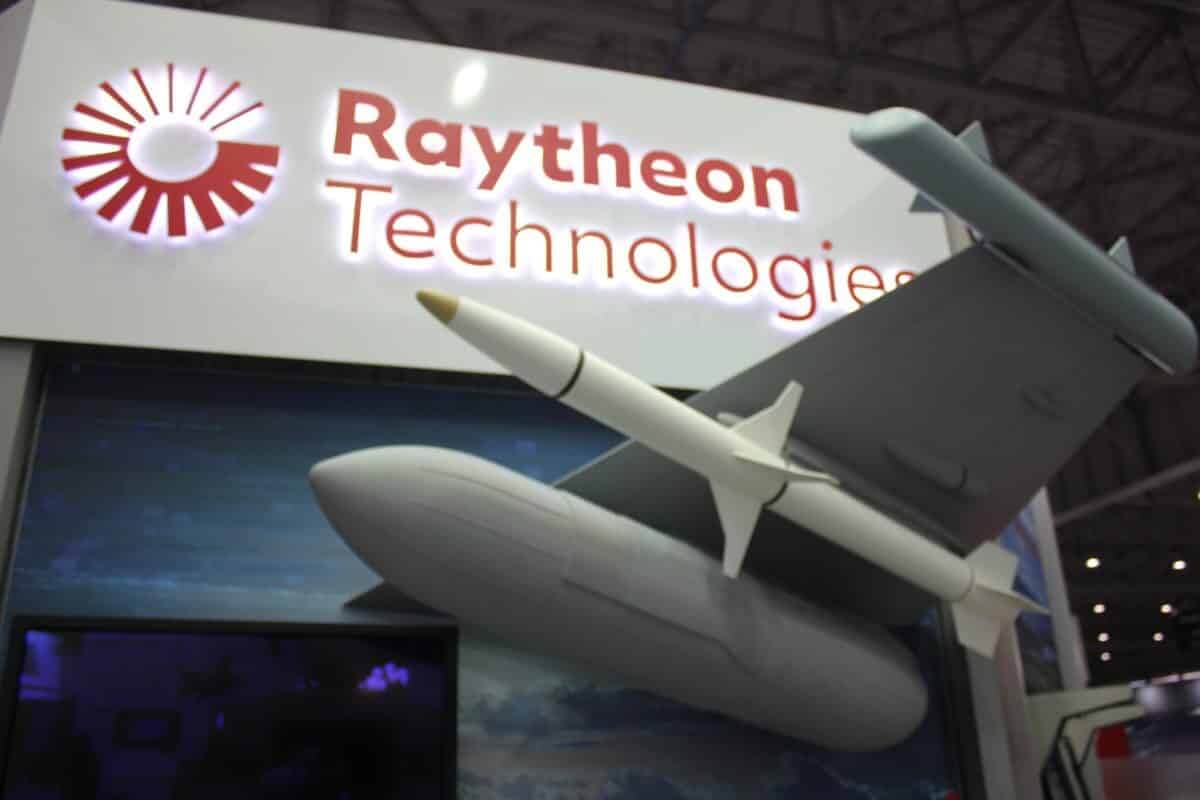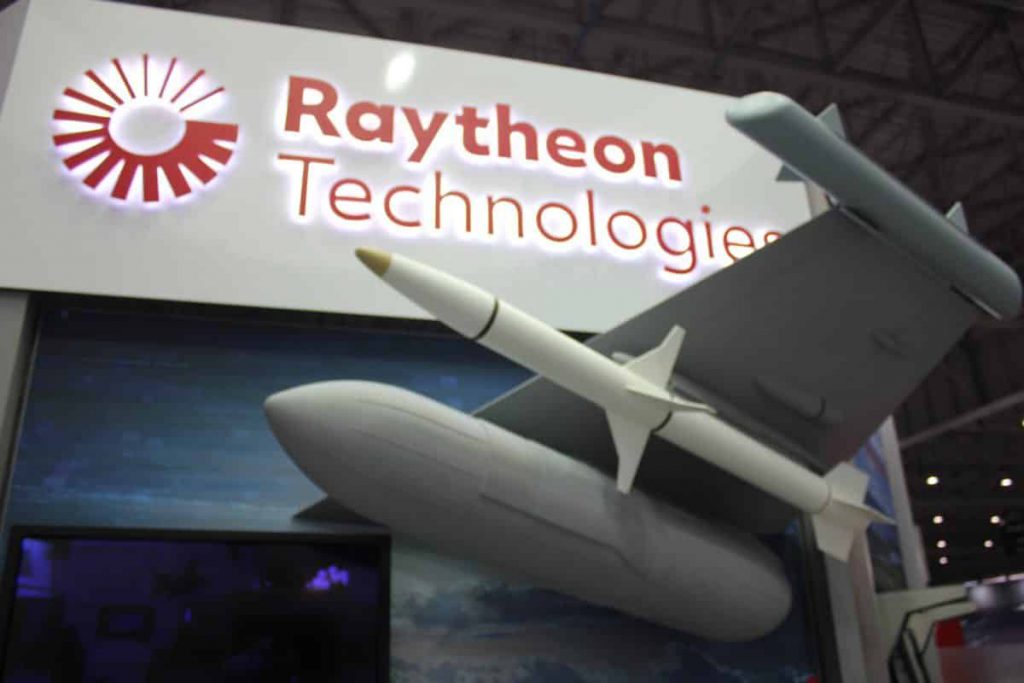
What Makes Defense Stocks So Attractive
The war between Russia and Ukraine is not over yet. There has been a lot of talk regarding a ceasefire and potential peace deal. However, the situation remains complicated due to various factors. Investors are closely monitoring defense stocks. For example, they are giving stocks like Raytheon Technologies a close look. Its stock jumped 11% year-to-date, easily beating the S&P 500.
The situation in Ukraine helped to popularize defense stocks. Investors might think that the popularity of defense stocks won’t last for years. Nevertheless, that is a short-sighted take that misses the broader cyclical forces at play. Even after the conflict in Ukraine, companies like Raytheon are still positioned to be solid performers in the coming years.
Defense stocks and Ukraine
Up until this past month, defense stocks were trading at historically low levels. American soldiers left Afghanistan last year, leading to a sharp sell-off in the defense sector.
However, the situation changed after Russia invaded Ukraine. Everyone is talking about mobilizing troops and defensive gear. Unsurprisingly, NATO is a hot-button topic of discussion once again. Countries are willing to spend more money on various projects. For example, major powers Germany and Japan committed to massive increases in their defense spending going forward.
The other important aspect regarding the defense sector is that it has huge lead times. Countries order a new model of a fighter jet, for instance, and individual planes will be delivered over many years. More importantly, an order today can easily lead to 10 or 15 years of recurring revenues.
Stocks like Raytheon were selling for less than 15 times relatively depressed earnings before the war in Ukraine. The company is unique in that it has a large exposure to both commercial aviation through the jet engine business and also the military.
From a valuation standpoint, it is trading around 20x this year’s projected earnings, and 16x 2023 earnings. Furthermore, Raytheon may still harvest more cost savings from its merger with United Technologies.


